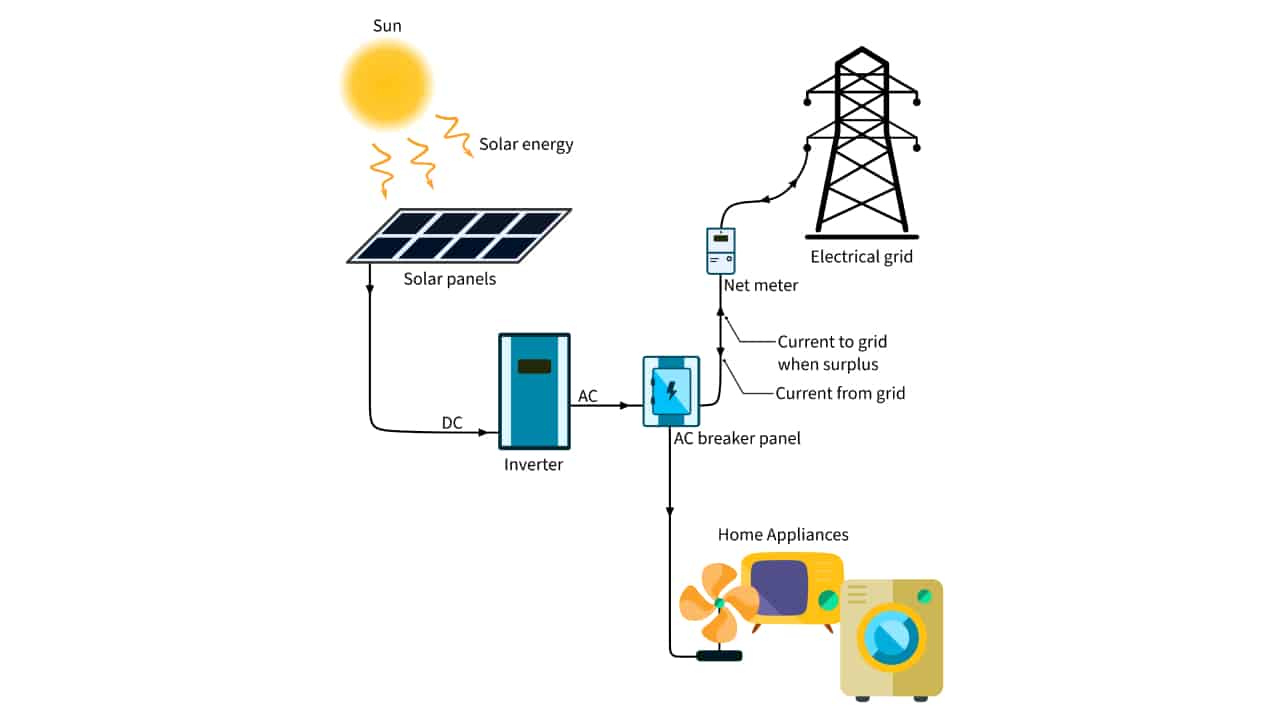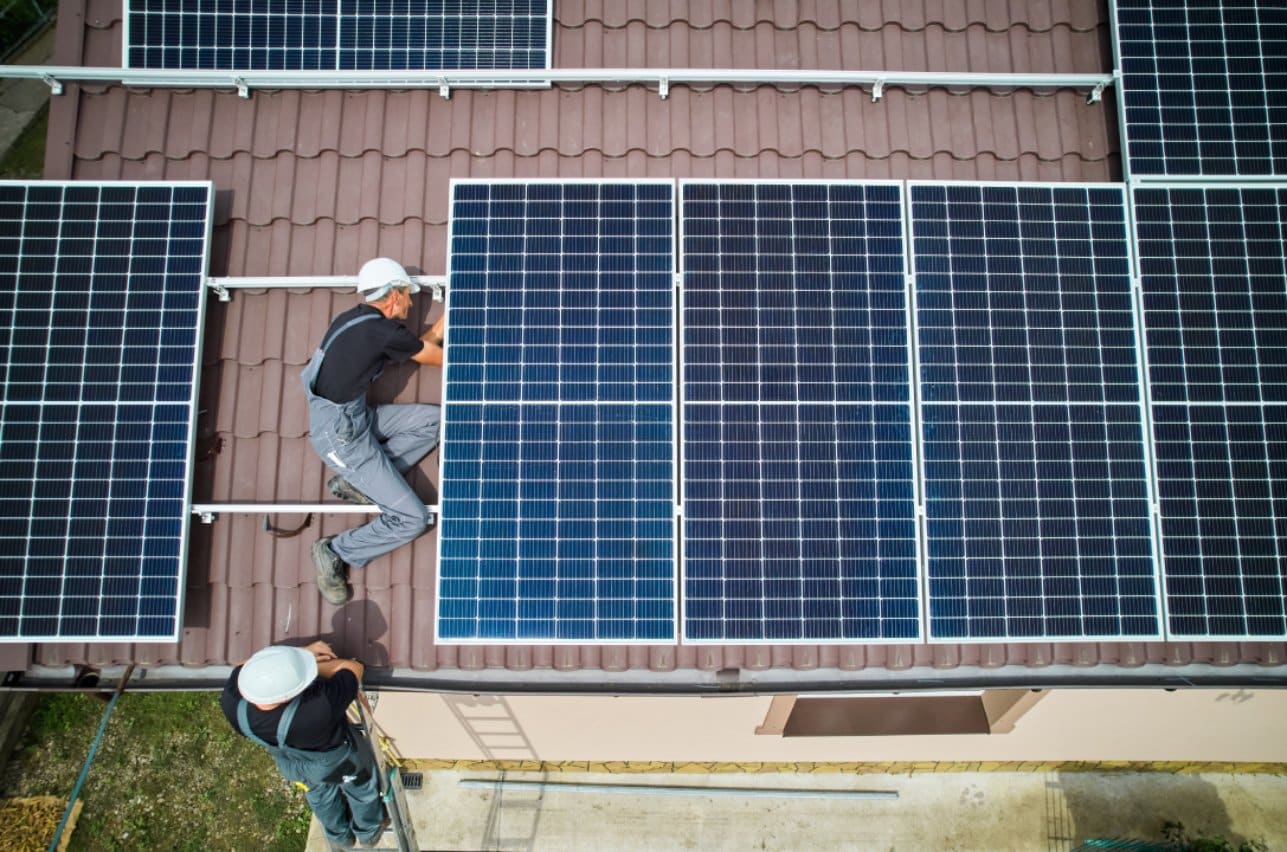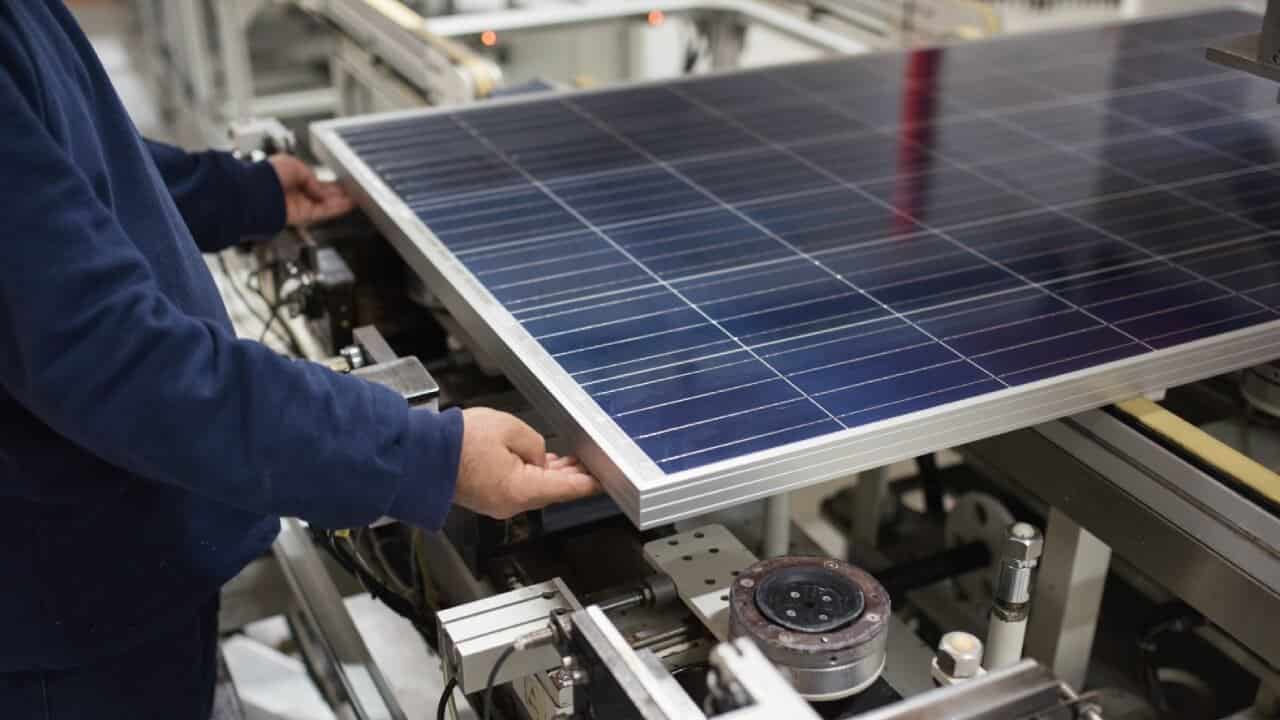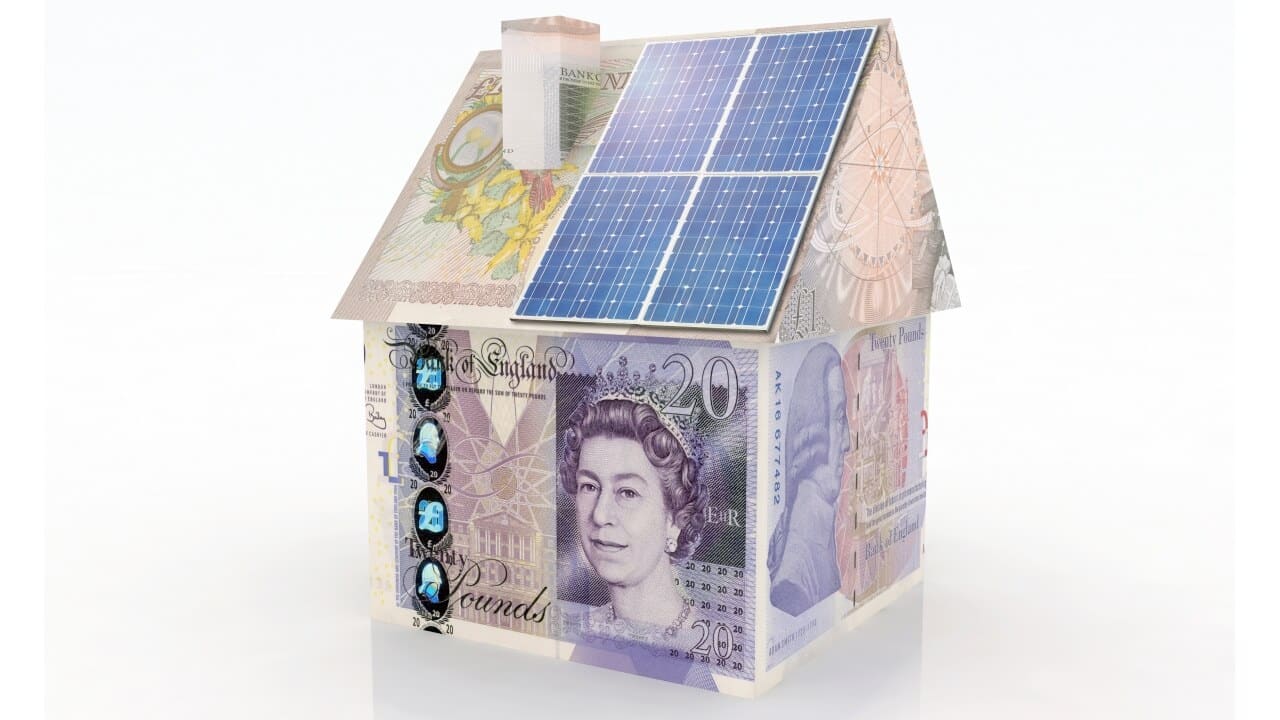Disclosure: FMB Home Picks is committed to delivering independent advice and reviews on home products and services. When you purchase through links on our site, we may earn an affiliate commission. Learn more Contact us.
Before you invest in solar panels, find out exactly how much money you’ll save. With the rising cost of living, it’s crucial to save where you can.
With the cost of living crisis still ongoing, homeowners are asking how they can save money on their heating bills and make their property more energy efficient. The energy cap rose to £2,500 in October 2022 and will increase again in April 2023. This will undoubtedly mean that homeowners’ energy bills become more costly, so using the sun’s energy is an attractive money-saving tool.
Homeowners’ demand for solar panels is skyrocketing, with some suppliers seeing a 400–500% increase in orders. People are catching on to the idea that as the energy cap rises, solar panels are paying for themselves in record quick time. When the energy price was lower, it could take as long as 15 years to break even, but now it can be as little as seven years, or possibly five, according to a report in the Guardian.
The average home can save £1,190 every year with solar panels!
How much money you can save by installing solar panels will depend on the following factors:
The below table is an estimate of how much solar panels can save you on your energy bills.
| System size | Solar panel cost | Cost to install | Total cost of installation | Energy generated per year | Potential energy bill savings |
|---|---|---|---|---|---|
| 3kW | £5,000 | £700 | £5,700 | 2,500kWh | £900 |
| 4kW | £6,000 | £800 | £6,800 | 2,850kWh | £1,000 |
| 5kW | £8,000 | £1,000 | £9,000 | 4,500kWh | £1,100 |
| 6kW | £9,000 | £1,200 | £10,200 | 5,500kWh | £1,200 |
Get solar panel quotes in your area
Discover how much solar panels would cost for your home by answering a few quick questions
A question that is usually at the forefront of homeowners’ minds when they invest money in a solar panel system is, when they will break even. Thankfully, the time it takes to break even on your investment is decreasing.
The time it takes to break even on solar panels depends on:
The below table is an estimated break even time based on different solar panel system sizes.
| Solar panel system size | Total cost of solar panel system | Annual savings | SEG payments | When you will break even |
|---|---|---|---|---|
| 2kW | £3,971 | £216 | £63 | 14 years |
| 4kW | £5,942 | £342 | £141 | 12 years |
| 6kW | £7,913 | £451 | £223 | 11 years |
| 8kW | £9,884 | £553 | £305 | 11.5 years |
Photovoltaic (PV) panels are the type most commonly installed, and PV cells absorb energy from the sun. This generates direct current (DC), which an inverter converts into useable alternating current (AC) energy. Distributed through our home’s electrical wiring, it powers our electrical equipment, producing an energy efficient system with a low carbon footprint.
There are opportunities to sell any excess energy your panels produce back to the National Grid under the UK Government’s Smart Export Guarantee (SEG) scheme. SEG allows you to earn a passive income from your solar panels on top of the energy you save. Suppliers can fix their tariff as part of SEG, which varies, so it’s well worth shopping around, but the average UK home can earn up to £125 annually.

Solar panels convert sunlight into electricity to power a house, but any excess energy can be sold back to the grid. (Image credit: Adobe)
Contrary to popular opinion, solar panels work in most weather conditions, as the PV cells absorb both direct and indirect sunlight. In direct sunlight, they are at their most effective, but even on cloudy dull days, the sun is still producing energy. Rain clears the panels of dust and debris, keeping them operating efficiently. The energy generated from sunny days offsets the energy used on cloudy days or at night, making it a really efficient, sustainable system.
A battery can be added to your solar energy system to optimise its performance even more. They can increase efficiency by up to 50%, but they can cost anywhere from £1,800 to over £9,000 for an average home, increasing your pay-back period. If you plan to take advantage of the SEG scheme, a battery is a necessity to store the excess energy you’ve produced.
Determining the number of solar panels you need depends on a large number of variables, so it’s difficult to give an estimate. The biggest factor that will dictate the size of system you need is how much electricity your household consumes, which itself depends on things like how big your property is, how many people live there, how many appliances in your house (ie ovens and hobs) use electricity and whether you’re out all day or not. In addition, some solar panels are more efficient than others, meaning you’ll need fewer of them to generate enough electricity for your house.
The best way to figure out how many panels you need is to gather quotes from installers, as they will survey your circumstances and the size of your roof to calculate the best configuration for your house.

Installing solar panels is often a two-person job. (Image credit: Adobe)
Installing solar panels doesn’t require planning permission unless your home is in a conservation area or is a listed building. Then you will need to contact your local council to find out how to proceed.
There are several schemes to help with the cost of getting solar panels for your home.
The Green Deal loan scheme can help manage the cost of installing energy efficient home improvements, including solar panels. You won’t be expected to contribute anything, and the loan is repaid via your electricity bill or prepayment meter. The scheme used to receive government funding, but uptake was low so it was ultimately scrapped. However, financing is still available through Green Deal-registered companies.
The Energy Company Obligation (ECO) is a government scheme for which the larger energy providers must sign up. Designed to promote energy efficient home heating improvements, it prioritises households experiencing fuel poverty – if your energy bill takes 10% or more of your income, those in receipt of benefits or families in social housing.
You could be eligible for an ECO grant if you receive at least one of the following benefits:
Many energy companies, such as E.ON, offer 0% finance to help spread the outlay on energy efficient technology, including solar panels. Contact your provider to see what help is available.

The production of solar panels requires chemicals which need to be properly disposed of. (Image credit: Adobe)
As long as the sun continues to shine, solar energy is inexhaustible, totally free and produces no carbon footprint. As a result, it’s among the most widely used renewable energy sources. However, there are a couple of disadvantages to using solar panels to capture the sun’s energy.
A typical home will require a 4kW system and should produce around 3,500kWh (kilowatt hours). Assuming a kWh is 34p per unit, the 3,500kWh generated is worth £1,190. Therefore an installation costing £7,000 will pay for itself in around six years. This could drop even further if wholesale energy prices continue to rise.

While solar panels are a big investment, they can potentially save a lot of money on your electricity bills. (Image credit: Adobe)
Every property is different, and every household has differing energy requirements. However, it is estimated that the average household could save nearly £1,000 a year on their energy bills by producing their own electricity through solar panels. This includes direct savings by not using power from the National Grid and income from selling any excess power back to the grid through the SEG. The Energy Saving Trust has developed a calculator to help households determine roughly how much they can save on their bills by switching to solar power.